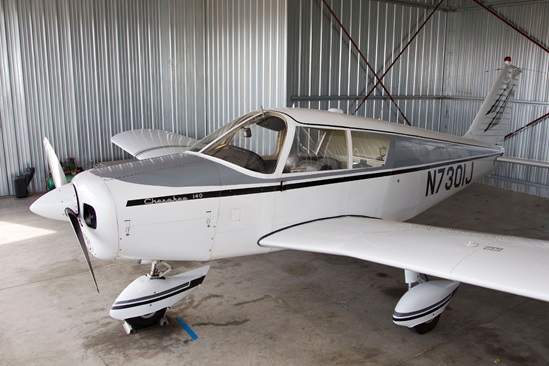AOPA AND INDUSTRY TASK FORCE ISSUE REPORT ON JET FUEL CONTAMINATION
The Aircraft Owners and Pilots Association (AOPA) in conjunction with the industry-led Aircraft Diesel Exhaust Fluid Contamination Working Group has released recommendations for aircraft operators, fixed-base operators, fuel suppliers, and other stakeholders to mitigate the possibility of diesel exhaust fluid (DEF) contamination in jet fuel.
DEF is a colorless liquid, injected directly into the catalytic converter in diesel engine light-and heavy-duty vehicles in order to meet stringent EPA emission control standards. When mistakenly added to aircraft jet fuel, DEF crystallizes and clogs fuel systems leading to engine failure.
In three separate and distinct instances at locations in the United States, including Nebraska and Florida, over the past three years, DEF has been mistaken for fuel system icing inhibitors (FSII), a clear liquid that is added to aircraft jet fuel.
“I applaud the industry for working together to promote steps to address this serious risk to pilots, but I strongly believe that DEF needs to be permanently removed from airports. We don’t need to lose any lives over this,” said AOPA President and CEO Mark Baker.
The recommendations focus on preventative, detection and response for aircraft operators, FBOs, fuel suppliers, and aviation industry groups.
Additionally, the FAA has made efforts to alert various stakeholders, issuing a Safety Alert for Operators (SAFO) a Special Airworthiness Information Bulletin (SAIB), and the Office of Airport Safety and Standards sent a letter to airport providing further background and recommendations.
The report strongly urged “all stakeholders to review this report and use it to review their particular segment of the overall system and make immediate and appropriate changes, once identified, and continually monitor, check, and re-check to ensure the proper processes and procedures are, and remain, in place.”
The working group charged industry associations with continued communication and educational efforts with their members and called on the industry to “request an emergency exemption from the rules requiring DEF in on-airport equipment from the EPA.” The AOPA Air Safety Institute (ASI) issued a safety alert to aircraft operators regarding DEF contamination in May.
“The working group members and broader community must and will remain vigilant in monitoring the entire system, reinforcing where needed, and act quickly, if another event unfortunately occurs,” the report noted in its summary.
Since 2017, three different instances of jet fuel contamination have led to engine failures in jets, most recently in May when a Citation experienced a double engine failure in flight, but was able to land safely.
The working group is comprised of representatives from AOPA, AvFuel, CommScope, Dassault Falcon Jet, Fair Wind Air Charter, the FAA, FBO Partners, Epic Fuels, the General Aviation Manufacturers Association (GAMA), Gammon Technical Products, Gulfstream Aerospace, Murray Equipment Inc., Midwest Aviation, the National Air Transportation Association (NATA), the National Business Aviation Association (NBAA), Phillips 66, Sheltair, Signature Flight Support, TAC Air, Total Control Systems, Truckee-Tahoe Airport, Union Pacific, and World Fuel Services.
Read AOPA's story.


